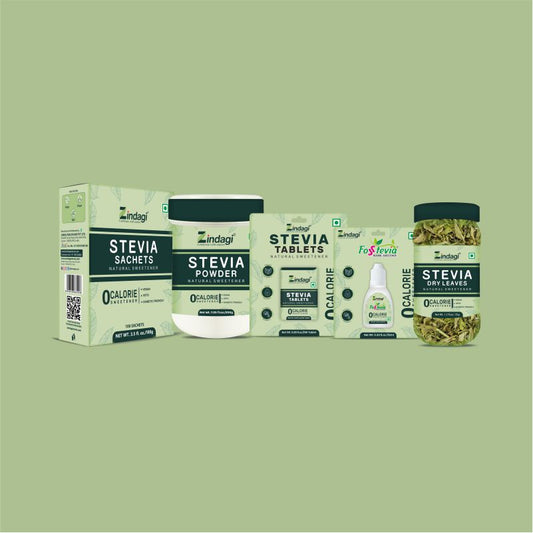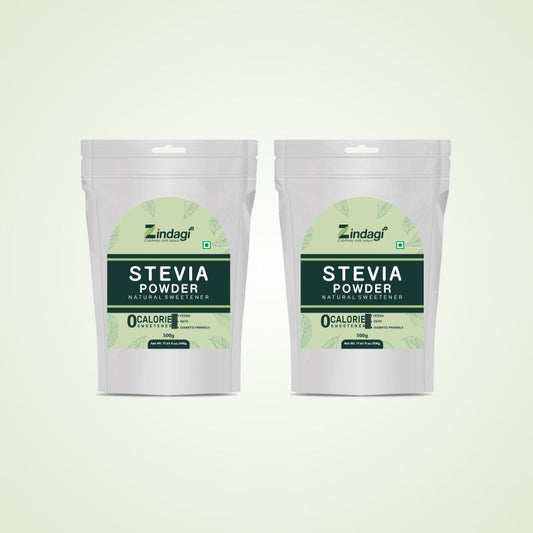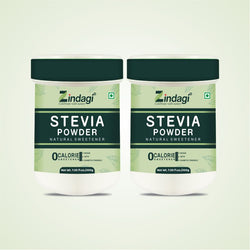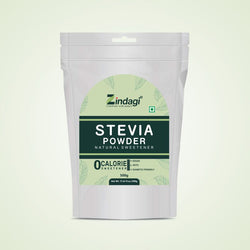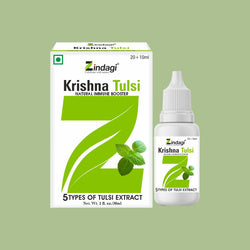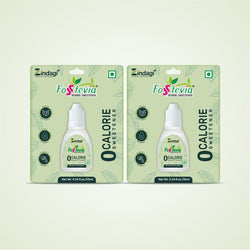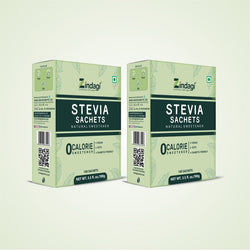Conscious of their health and environment, people have started seeking alternatives to refined sugar. Stevia natural sweetener happens to be the best solution among the alternatives, it not only helps in achieving personal health goals but also assists in a greener planet. Natural stevia sugar, is, in fact, a sustainable option compared to traditional sugar production methods, which lead to deforestation, excessive use of water, and pollution.
This article examines and compares the merits of environmental comfort between the substitution of sugar to stevia together with insight findings of health gains, which define it as nature’s sweetness.
Understanding Stevia: A Natural Sweetener
Stevia is a plant-based sweetener, which is extracted from the leaves of the Stevia Rebaudiana plant. It has been known to have intense sweetness without any calories. Stevia originated in South America and was used by indigenous people for many centuries to sweeten herbal teas and medicines. Unlike refined sugar, stevia sweetener is naturally extracted from the leaves of the plant. In fact, some premium brands even ensure that their products do not contain artificial chemicals, making it pure and natural.
The Environmental Toll of Sugar Production

Traditional sugar production is one of the most disastrous agricultural industries. It has long term consequences that are known to average person. Some of these implications are:
-
Deforestation: Sugarcane production leads to mass deforestation of the tropical regions, leading to loss of species and climate change.
-
Water consumption: Producing 1 kilogram of sugar requires nearly 1500 litres of water. This excessive water use depleted the local water resources, which has catastrophic consequences on sustainability and posterity.
-
Chemical Pollution: Plantations mainly sugar produce pesticide and fertilize wastes, leading to contamination of soils and water.
- Carbon Emission: The refining process of sugar is very energy intensive, emitting greenhouse gases lead to global warming. Hence, it benefits both health and greatly reduces environmental damage by switching to stevia plant-based sweetener.
How Stevia Helps Preserve the Environment

Choosing natural stevia sugar instead of normal sugar has many ecological benefits:
-
Requires Less Land
Land requirements are much smaller with stevia compared with sugarcane or sugar beets. Stevia sweetener is 200-300 times sweeter than sugar, thus a small plantation might help replace large sugar farms, contributing to the preservation of ecosystems.
-
Saves Water Resources
Stevia is drought-resistant. This makes it unlike sugarcane, which requires enormous quantities of water. Therefore, its water requirement is low and, therefore, is best for sustainable farming, especially in regions with a water shortage.
-
Reduces Chemical Pollution
The benefits of stevia leaf extend to soil health, as it requires fewer pesticides and fertilizers. This reduces soil degradation and keeps nearby water bodies free from toxic runoff.
-
Lowers Carbon Footprints
The process of refining sugar involves burning fossil fuels and using a lot of energy. Stevia sugar extraction, on the other hand, is a much simpler process that uses less energy, thus leaving a smaller carbon footprint.
Health Benefits of Choosing Stevia Over Sugar
In addition to its environmental benefits, health benefits of stevia make it a great alternative for those looking to improve their well-being. Some of the key health advantages include:
-
Zero Calories: Unlike sugar, which contributes to weight gain, stevia sweetener provides sweetness without extra calories.
- Helps Regulate Blood Sugar Levels: Stevia does not cause blood glucose spikes, which makes it a safe option for diabetics.
- Supports Heart Health: According to other researchers, stevia leaves may have the capability to improve blood pressure and reduce heart disease risks.
- No Harmful Effects on Teeth: Sugar is a major cause of tooth decay, while stevia sugar does not promote the formation of cavities.
By switching to stevia plant-based sweetener benefits, you can enjoy sweetness without
compromising your health or the environment
How to Incorporate Stevia into Your Daily Diet

Stevia can be easily used in various recipes and drinks. Here are some simple ways to incorporate natural stevia sugar into your diet:
-
Beverages: Add stevia to your tea, coffee, or smoothies for a guilt-free sweetness.
-
Baking: Replace sugar with the sweetener stevia in cakes, cookies, and muffins.
-
Cooking: Stevia can be added to salad dressings, sauces, and marinades.
- Desserts: Sweeten homemade yogurt, pudding, or fruit salads with stevia sugar.
This means that you can enjoy sweet treats without harming the environment or your health by making small changes.
Conclusion
Switching over to stevia sweetener would be a relatively simple yet very impactful way toward reducing environmental damage and promoting healthy living. Choose nature's sweetener, for it is also the way towards a more sustainable future. In addition to being a sweetener, the benefits of stevia leaf are that it protects ecosystems and conserves water while promoting healthy living. The idea of having a sugar reduction in your personal life or being more environmentally conscious in your endeavors has led the world to see stevia as a plant-based sweetener ideal for everyone's use. Switch today and savor sweetness naturally!



